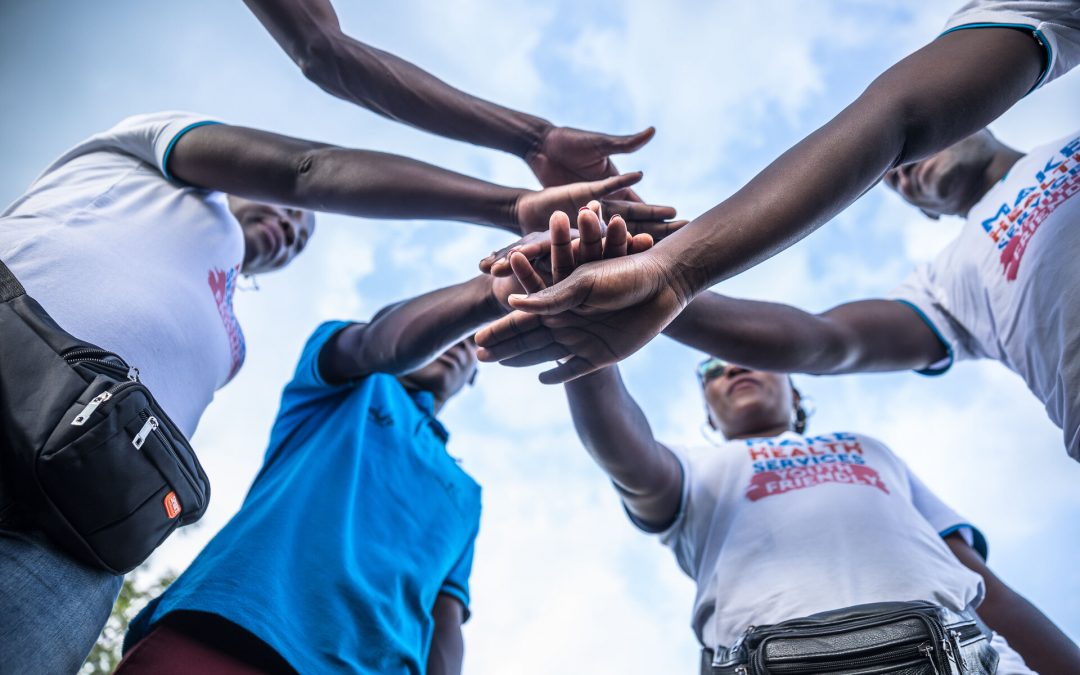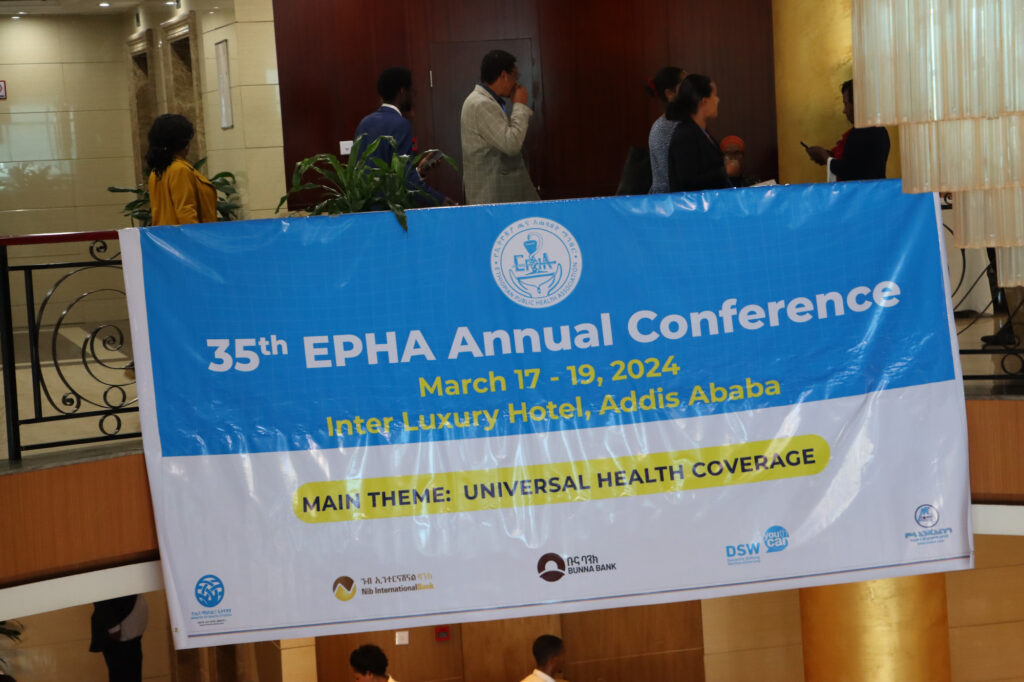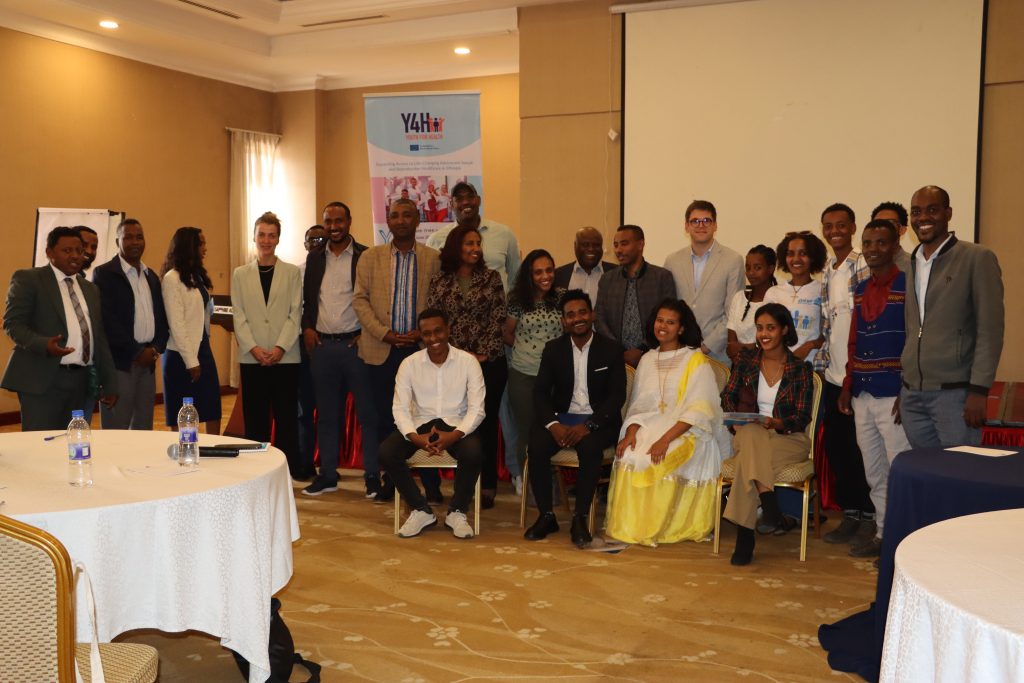

The EU youth action plan: a key tool to empower young people and promote their SRHR
On October 4, the European Commission adopted its first ever Youth Action Plan (YAP), which will be the guiding policy framework to promote youth engagement and empowerment as part of the EU’s external action between 2022-2027.
This was a key deliverable for Jutta Urpilainen, EU Commissioner for International Partnerships, who included young people as a priority for her mandate. DSW advocated over the past months for the adoption of an ambitious Youth Action Plan, sharing views, recommendations, and aspirations of DSW youth champions from east Africa. We can say that the YAP is a great step in the right direction, as it elevates youth empowerment and participation as key priorities of the EU’s international development policies: young people are critical actors to drive sustainable development and positive change – investing in their empowerment is crucial. In this blog article we will analyse what the YAP means concretely for young people’s empowerment.
What are the main features of the YAP?
The YAP is based on key principles, including gender equality, human rights and intersectionality, non-discrimination, and youth participation and inclusion. It is built around three pillars: Engage, Empower, and Connect.
When it comes to ‘’Engage’’, the YAP aims at strengthening the EU’s capacity to involve and consult youth in its decision-making process, promoting an enabling environment for youth civic participation. How to do that? For example, by appointing youth focal points and creating youth advisory structures in EU delegations around the world. In addition, the YAP specifically mentions that the EU will strengthen the protection of young activists and human rights defenders, including LGBTIQ advocates.
What’s in the YAP for Sexual and Reproductive Health and Rights (SRHR) of young people?
The ‘’Empower’’ pillar of the YAP is all about making sure that youth globally are empowered so their voices can be heard and inequalities that affect their lives are tackled. It assigns great importance to human development (health and education) as a critical sector to empower young people.
In particular, the YAP includes several strong and progressive commitments to advance young people’s SRHR. First of all, it commits to ‘’promote universal access to youth-friendly SRHR, with quality and affordable services and information, including comprehensive sexuality education, HIV and AIDS prevention and treatment, focusing on adolescent girls, marginalised and LGBTIQ young people”.
In addition, when it comes to the measures to promote quality and inclusive education, the YAP specifically includes comprehensive sexuality education (CSE) for all young people as a key component, in particular for marginalised adolescents, LGBTIQ young people, and young people with disabilities.
At DSW, we are particularly happy to see these strong commitments on SRHR and CSE, which are recognised as a prerequisite for youth empowerment, especially at a time when these rights are contested at a global level. When they enjoy good health and have full control over their bodies, young people are best able to fulfil their potential and positively contribute to their communities.
Implementation will be key
A new policy framework alone will not be enough to reach the important objectives the YAP sets out for the EU. It needs to be backed by adequate funding and resources. While some flagship initiatives have been launched to address key components of the YAP, there will not be a specific budget allocated to the implementation of the YAP.
This is why, in order to truly make the YAP a transformative tool, implementation will be key. The EU will need to ambitiously scale up investments in the areas that the YAP identifies as key to empowering youth. EU delegations should mainstream the YAP in their programming and translate its commitments and priorities into concrete programmes and actions.
The EU also needs to develop a strong monitoring and accountability framework, in close consultation with youth, to track progress and assess the implementation.
Finally, the Youth Action Plan will have an even stronger political backing if fully endorsed by EU member states. With the adoption of Council Conclusions in late November 2022, EU countries have the opportunity to commit to the YAP implementation and to the principles and values at its core. We hope that EU member states will show a great level of ambition, helping to translate YAP commitments into concrete actions.
Photo: ©DSW/Brian Otieno

